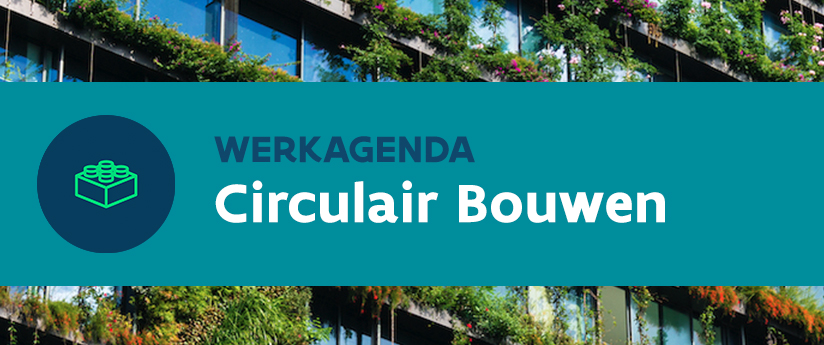Topics
We organise our actions in six thematic & strategic agendas:
Strategic Agendas:
Bio-economy
Circular Construction
Chemicals/Plastics
Manufacturing Industry
Food Chain
Water Cycles
Seven leverages provide additional support:
Leverage effects:
Lever Policy Instruments
Lever Circular Procurement
Lever Communication
Lever Innovation & Entrepreneurship
Lever Financing
Lever Jobs & Skills
Lever Research
What, why and how?
Why are we pursuing a circular economy?
Future visions 2050
How do we see our circular future?
About our management
Who steers what at Flanders Circular?

Our Approach / Strategic Agendas
Circular Construction

Why
Building, housing and infrastructure structurs make up a significant part of the Fleming's carbon footprint.
- of all raw materials worldwide, 50% are used in the construction sector
- some 33% of waste and material flows released in Europe come from construction
- the way we build and live also has a major impact on our carbon footprint (36%), energy consumption (40%) and water consumption (33%).
The construction sector in Flanders is often locally organized. Entrepreneurs take decisions autonomous, often controlling the entire building process from design to construction. This allows to close cycles in the value chain more easily.
So by focusing on circular construction, we are resolutely opting for maximum impact in Flanders.
Our definition of circular constuction
Circular construction is a building practice that aims to use resources efficiently and effectively to create or at least preserve economic, social and ecological (added) value. This is done taking into account the existing heritage and future opportunities specific to our building world. We do this through intense cooperation within the value network" (definition Green Deal Circular Construction, 2020)
















